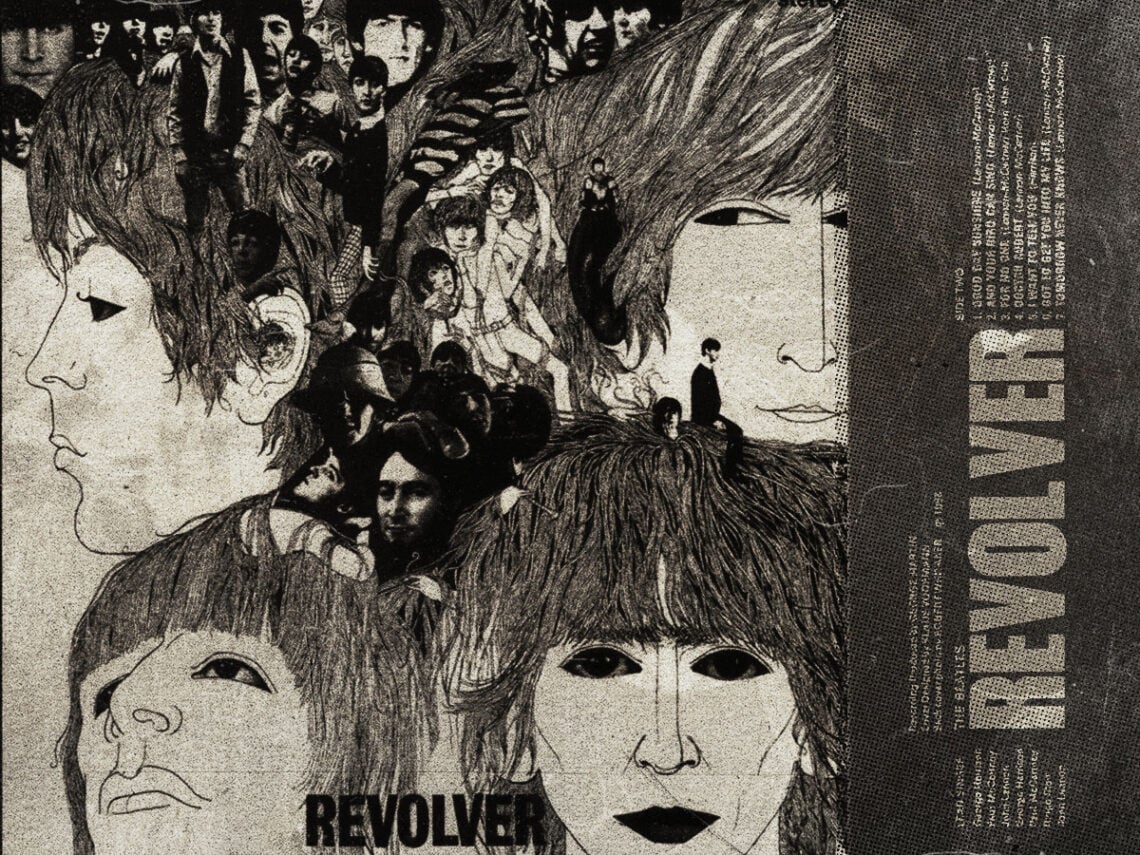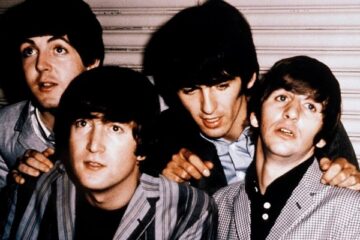When the teenage John Lennon and Paul McCartney first met at a church fête in 1957, neither of them nor their peers could have foreseen just how monumental the convergence would be. Shortly after this encounter, McCartney joined The Quarrymen on rhythm guitar, and after a period of cutting their teeth, the group morphed into The Beatles in 1960.
Even at the onset of their career, it didn’t seem like The Beatles were to do anything special. Yet, the penny dropped after their adventure in the Hanseatic city of Hamburg. Lennon and McCartney’s songwriting partnership flourished, inspired by their personal experiences and the numerous musical developments starting to take hold of culture. In just a handful of years, they would have not only made their band the most popular on earth but the most vital of all time.
While The Beatles’ list of historic innovations is extensive, one of the lesser-known ones is that they paved the way for alternative rock with just one track. This might seem an obvious connection to draw given the common idea that they opened the gates for most of the myriad of guitar music that ensued, but one specific number is the forebear of everyone from The Smiths to Weezer.
When discussing the extensive significance of 1966’s Revolver – the group’s first truly experimental album – the conversation primarily concentrates on the closing track ‘Tomorrow Never Knows’. Perhaps the first psychedelic rock song, comprised of potent reverse guitars, a droning sitar and many other artful elements, it’s no surprise that it has been the source of widespread fascination since its release. It was a significant moment for the band and popular music.
However, the brilliance of the track and other famous highlights, such as ‘Eleanor Rigby’, has overshadowed the fact that the pulsating ‘And Your Bird Can Sing’ effectively laid the foundations for alternative rock and indie.
While Paul McCartney’s busy bass work that features in the song and is found across The Beatles’ oeuvre is widely credited with instituting an approach to the instrument later adopted by Geddy Lee, Cliff Burton and Carlos Dengler, the twin guitar assault of George Harrison and Paul McCartney is more noteworthy here. It would be the first time the world was exposed to the true assertiveness of dual lead axemen. Although assumed by some players after the release, the convincing take on it in ‘And Your Bird Can Sing’ would become increasingly prominent in the 1980s and beyond and a vital part of the alt and indie blueprint.
This layering effectively bolsters the melody by incorporating Harrison and McCartney’s harmonised guitar lines. It gives the song a muscular edge, with the cacophonic grit of their guitars piercing the mix. Furthermore, the way they deliver their lines confirms how the track paved the way for alt and indie.
Sliding, busy and complex, and comprised of multiple bends for good measure, even if incidental, this ingenuity within the context of the time it was composed positions it as an ancestor to the busy work of The Stooges’ proto-punk hero James Williamson. You can also draw a line to the locomoting style of The Smiths guitarist Johnny Marr, the searing dynamism of J Mascis, and, of course, the fierce interconnectedness of Swervedriver’s Adam Franklin and Jimmy Hartridge. These are just a few relatives too; Weezer’s Rivers Cuomo and Brian Bell also figure as direct descendants of such a style.
Released months before the most prominent alternative rock hero, Jimi Hendrix, was whisked to London by Chas Chandler in September 1966, and much more engaging than any other guitar music at the time, ‘And Your Bird Can Sing’ was much more pioneering than many give it credit for.
Of course, the guitars of acts such as Thin Lizzy, The Allman Brothers Band and Iron Maiden are regularly tied to the Revolver classic because of their preference for harmonised lines. Still, looking past this immediate aspect of the song and its guitar work, it’s clear that there are other elements that resonated far beyond this crop of groups, metamorphosing in myriad ways under the remit of alt and indie.



